
Aluminium For Packaging
11-06

Aluminium is also widely used in the packaging industry due to its excellent properties such as high strength, light weight, and resistance to corrosion. In general, Aluminium is widely used in the food packaging industry, and its annual usage is also very large.
Application Fields
Drinks and Food Packaging Industry
Canned beverages: Aluminium cans are a common form of beverage packaging, such as beer, soda, energy drinks, etc. Aluminium cans are durable, lightweight, and easy to recycle, making them suitable for shipping and selling.
Food in bags: Aluminium foil bags are a common form of food packaging, such as coffee, nuts, dried fruits, biscuits, etc. Aluminium foil bags have good airtightness and freshness preservation, which can effectively protect the freshness and taste of food.
Food cans: Aluminium cans are another common form of food packaging, such as vegetables, fruits, meat, etc. Aluminium cans have the advantages of corrosion resistance, light weight, and easy recycling, which can extend the shelf life of food and are easy to carry and use.
Food boxes: Aluminium food boxes are a form of packaging for various meals and takeaway food. Aluminium food boxes have the characteristics of heat preservation, airtightness, and reusability, and are suitable for takeaway and catering industries.
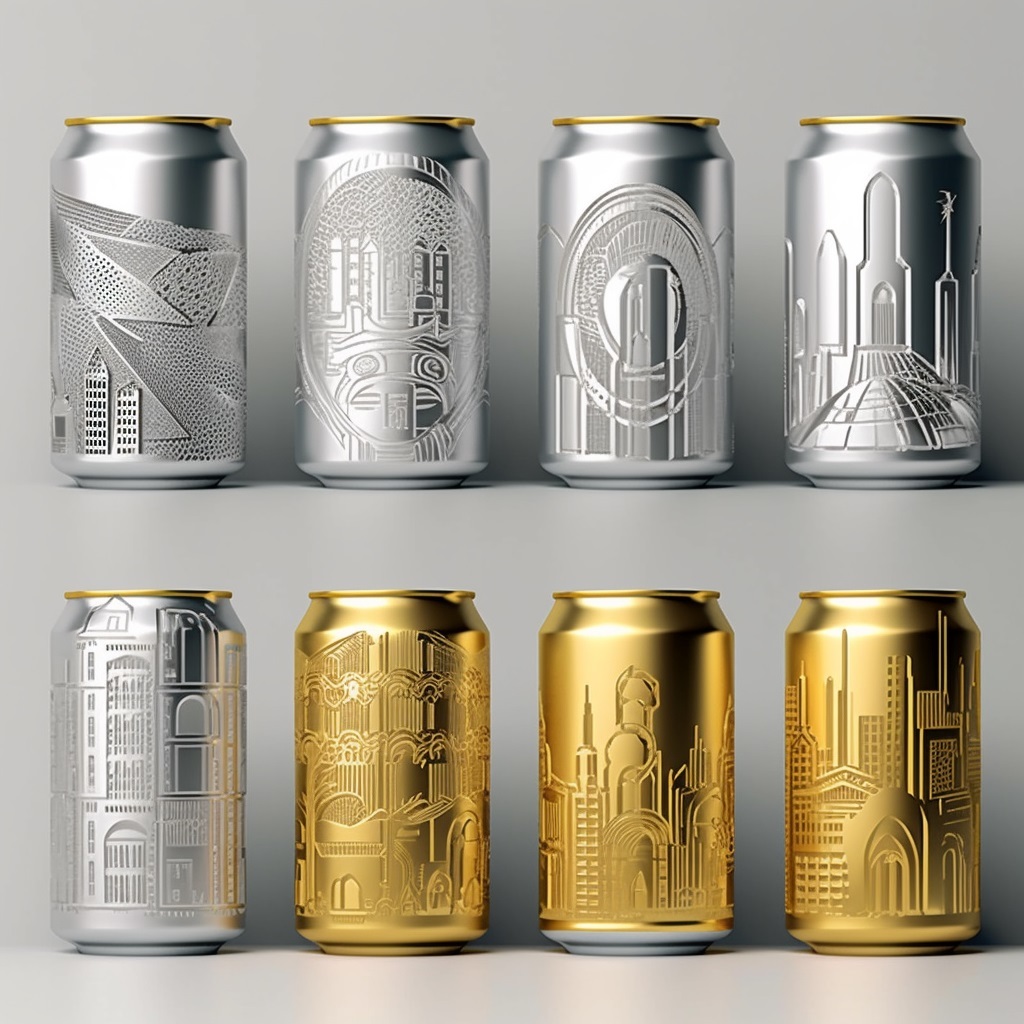
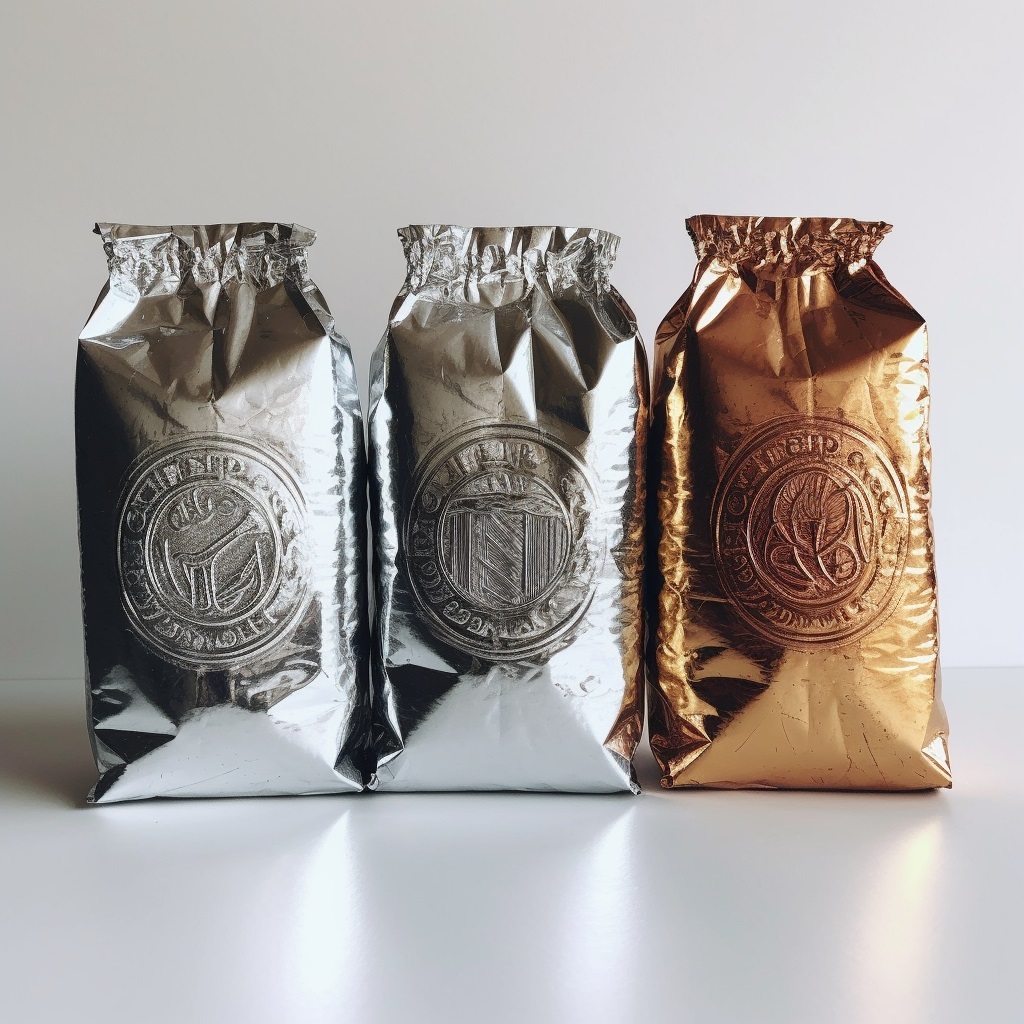

Pharmaceutical Packaging Industry
Common forms of pharmaceutical packaging include Aluminium-plastic composite packaging, Aluminium lids, Aluminium foil bags, etc. Aluminium-plastic composite packaging is the most widely used in pharmaceutical packaging, especially in injections, oral tablets, etc., and has good oxygen barrier, moisture-proof, fresh-keeping and protection functions.
At the same time, Aluminium foil is also widely used in sealing gaskets and oral liquid caps for pharmaceutical packaging.
Based on market research institutes, the global pharmaceutical Aluminium foil market is expected to maintain a steady growth in the next few years. According to the data released by the World Aluminium Association, the global annual output of pharmaceutical Aluminium foil is about 200,000 tons, accounting for about 5% of the total global Aluminium foil output. China is one of the world's largest producers and consumers of Aluminium foil for medicine, accounting for more than 60% of the world's total production of Aluminium foil for medicine.
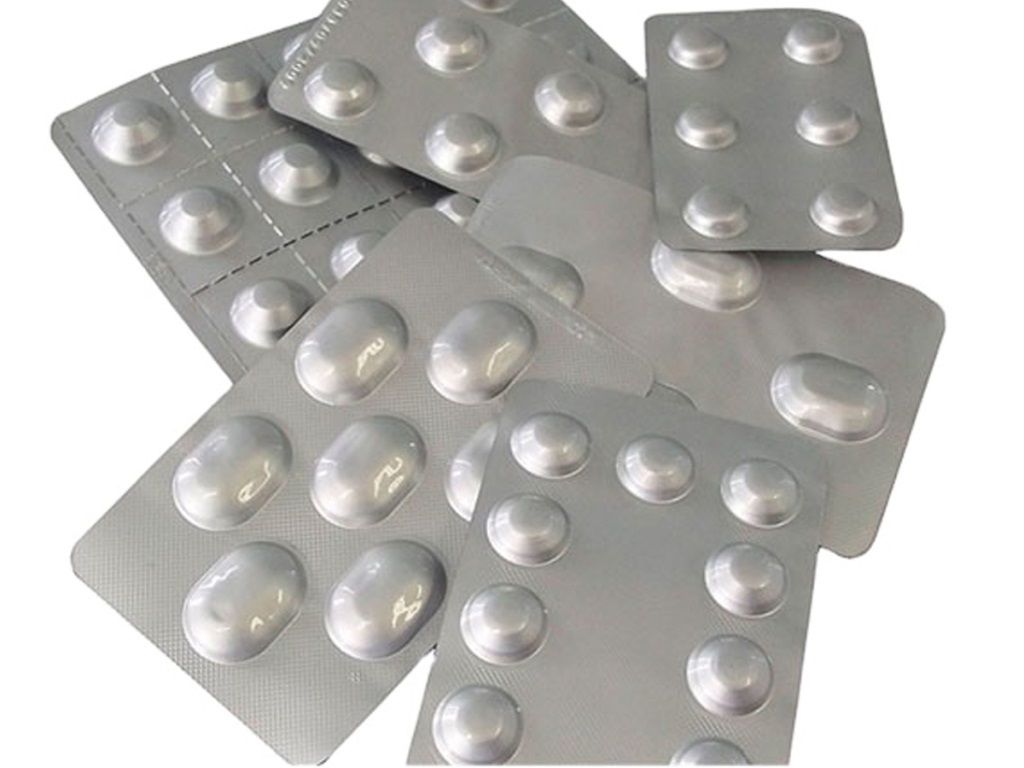
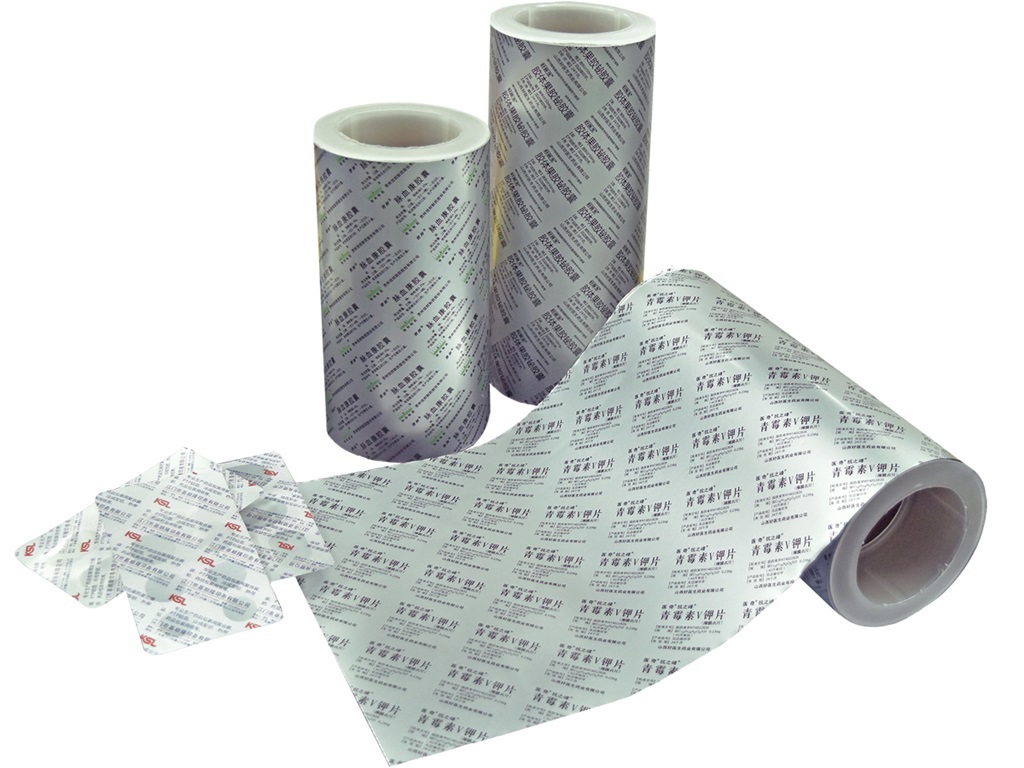
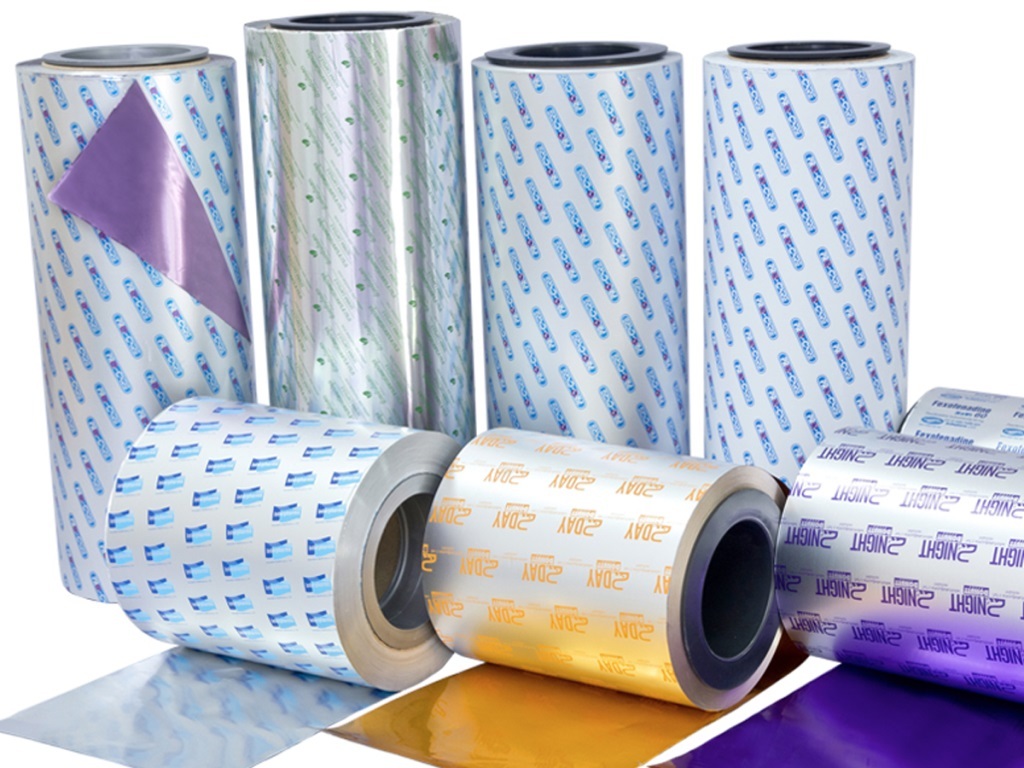
Cosmetic Packaging Industry
Aluminium is also widely used in the cosmetic packaging industry, including Aluminium lids, Aluminium cans, Aluminium tubes and Aluminium foil bags. The application of Aluminium in cosmetic packaging is mainly due to its good corrosion resistance, plasticity and decorative properties. In addition, Aluminium protects cosmetics from external light and oxidation, helping to extend the shelf life of cosmetics.
Aluminium cap is a common cosmetic packaging material, its main function is to seal the cosmetic container and prevent it from being polluted or oxidized during transportation and storage.
Aluminium cans are suitable for high-end cosmetics such as perfumes and face creams.
Aluminium tubes are commonly used in the packaging of liquid and semi-solid cosmetic products such as moisturizers and shampoos.
Aluminium foil bags are suitable for packaging some small cosmetics, such as lipstick and mascara.
According to statistics, the application of Aluminium in cosmetic packaging is about 1.2 million tons per year. With the continuous improvement of people's requirements for cosmetic quality and environmental protection, the application of Aluminium in this industry will continue to expand.


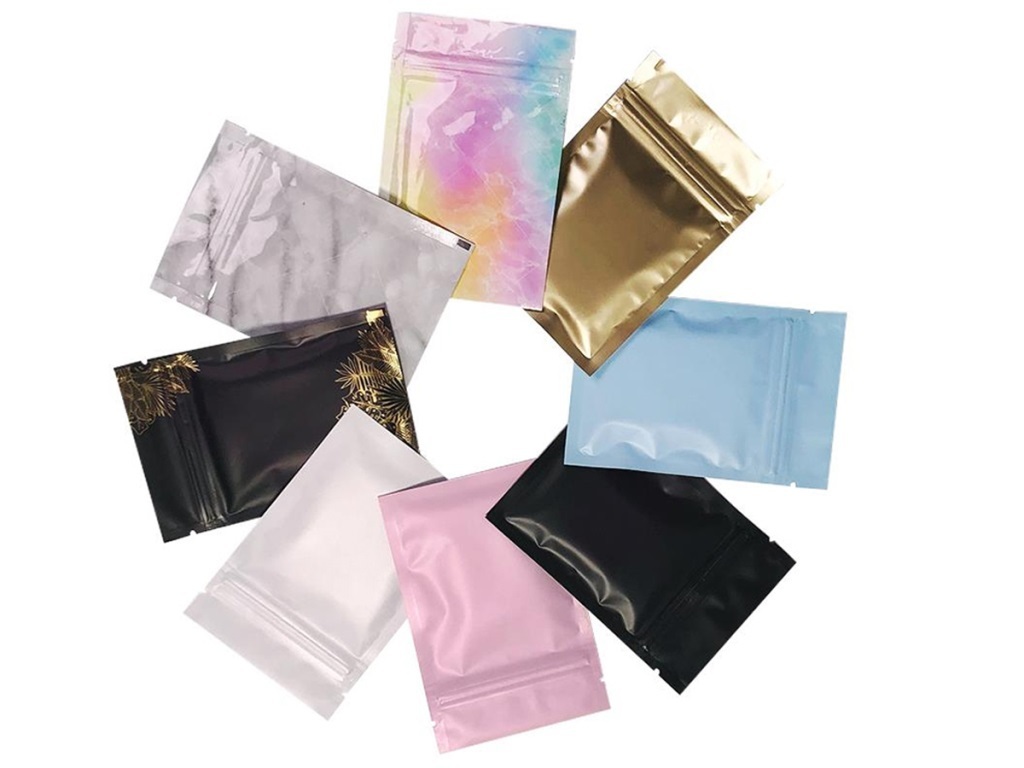
Common Alloys
1235 alloy: This is a pure aluminium that is typically used for general-purpose packaging applications such as wrapping food, storing items, and protecting pharmaceutical products.
3003 alloy: This is a non-heat-treatable alloy that is often used for packaging applications that require high corrosion resistance, such as packaging for acidic or alkaline products like tomato sauce, fruit juices, and cleaning agents.
8006 Alloy: This specialized alloy is often used for packaging dairy products, confectionery items, and other high-fat and oily foods, due to its excellent barrier properties, strength, and formability.
8011 alloy: This alloy is a commonly used aluminium foil alloy due to its excellent moisture resistance, heat resistance, and formability. It is often used for food packaging, such as wrapping chocolate, butter, and other dairy products.
8079 alloy: This alloy is known for its high flexibility and strength, making it suitable for more demanding packaging applications such as blister packs for pharmaceutical products and flexible tubes for cosmetics and personal care products.
Aluminium For Packaging